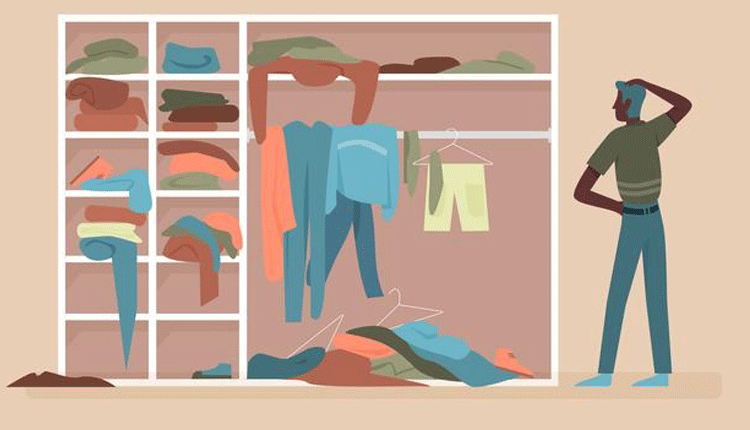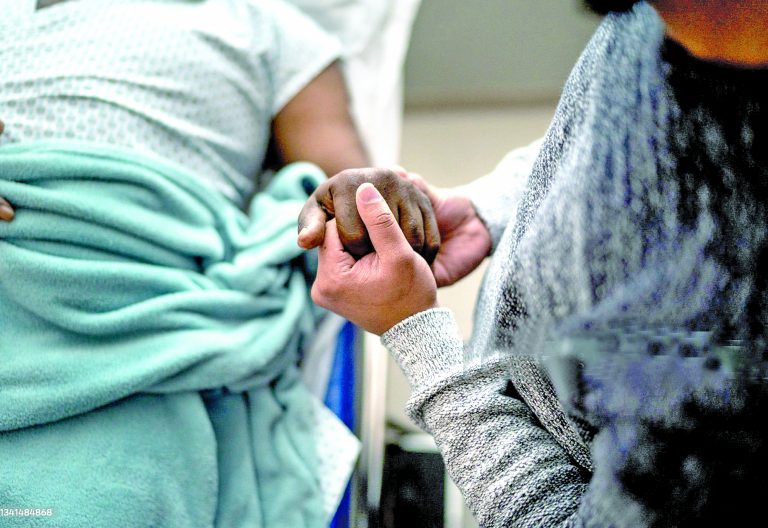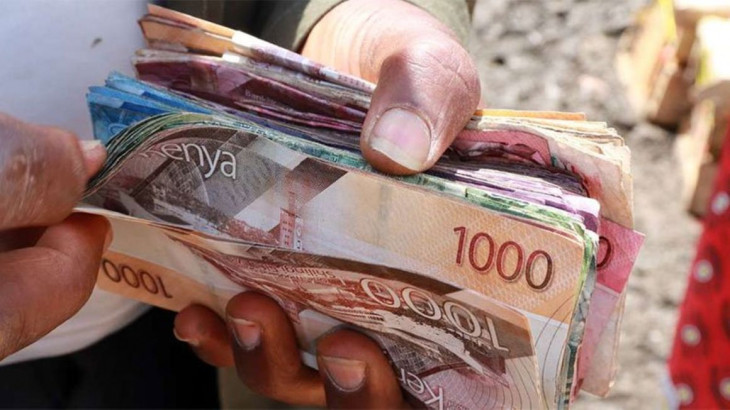Should you wear items your relative died in?

Of all the life passages man must go through, death has got to be the most difficult.
The awareness that their loved one who has been with them is gone forever and they will never get to see them again, and that death is the destination for each and all.
As much as there is the acceptance that death will come, no one wants close attachment to it as such.
Even so, we always find ways of keeping them in our memory, including keeping their clothes as relics.
And it is just not clothes. Often, in the country, when a person dies, and especially if they had been financially capable, their wealth is more often than not up for grabs.
The family wants documents to properties the deceased owned, the will must be read as soon as possible, children born out of wedlock show up and want a slice of the possible cake.
But is it really okay to inherit the clothes someone died in?
Mombasa-based technician, Hussam Fadhil says his tribe does not bar anyone from wearing a dead person’s clothes — unless the person died at war— and as long as the clothes are in good shape.
“I am an Arab, and of course a Muslim. For us there is absolutely nothing wrong with inheriting a dead relative’s clothes.
The clothes are simply washed well and someone can use them. There is no need of destroying them when they are in good shape.
The only issue is that in preparing the body for burial, what they are wearing has to be cut off their bodies using scissors to ease removal, so that leaves the clothes in a state that can not be used,” he says.
Katana Karissa, a Giriama, says dead people’s clothes are associated with a lot of witchcraft and many families opt to destroy them.
“It is believed people who practise voodoo might take the clothes the person died in and use them for rituals, so most people burn the clothes, or bury them with the dead, placed under their head inside the grave,” he shares.
Sheikh Juma Ngao, national chairman of the Kenya Muslims National Advisory Council, says according to Muslim laws and beliefs there is no harm or law against wearing a dead person’s clothes unless the person incurred a bloody death.
Unclean spirits
“In a case where a person died at war or was shot dead, or involved in an accident, the clothes are removed, the deceased is dressed in the right gear—three white cotton sheets according to Islam.
The clothes he died in are either put in the grave and buried with him, or a different hole would be dug for them or sometimes they are burnt.
They are considered to have carried najis (unclean spirtis), which should not be brought into the house as the najis may remain with the living and cause similar deaths.
But if they are not stained with blood, they are washed and the next person can wear them or even sold.
If people are inheriting all his properties, will there be any point in burning a suit of say Sh34,000?” says the leader.
Pastor Phillip Mueni of FPFK Church, Kisauni, says he always prays for clothes donated to children’s homes before they are taken there, because especially as second hand clothes, the owner might have died wearing them, or might have been involved in dark secret societies.
He says people buy second hand clothes, bring them to him for cleansing before they can use them. They are cautious about spirit transfer.
“Clothes and other items such as ornaments are not things to be transferred from one person to the other without caution.
Some of these items are from mizimu (spiritual realm). Some people are given objects and clothes which their altars require them to wear.
So, when you give it to someone ignorantly, you are transferring those spirits to the next person.
Especially if they are dead. People transfer a lot of demonic spirits using clothes, food and ornaments.
Equally if say the person was a twilight girl, most of their clothes were indecent, so giving them out to the next person is literally transferring that spirit to them,” says the pastor.
According to Mijikenda religious elder, John Baya, it is not advisable for anyone to wear clothes that someone died in, especially depending on the disease that might have caused their death.
Msenangu FM Radio Presenter, Fatuma Mwangala hosts the Chimila Show, which seeks to shed light on the cultural practices of the nine Mijikenda tribes.
She says death within the Mijikenda is treated as a very sacred transition and the clothes are treated with the same respect.
“Most times, whatever clothes the dead wore are ripped and they are rid of to ease closure for the family.
Other clothes are given out to family members after 40 days. The third day after death though, a cleansing ritual called Liphungo, is performed.
A specialist comes to the family and uses some concoction to cleanse them and give them closure.
He uses some leaves to beat the concoction on the family members while speaking some words.
For example, he tells them that the person is gone, and if they are to see anyone who looks like them they should know that it’s not them,” she says.
While the clothes the person dies in will be gotten rid of by burning, burying or tearing, the body is supposed to be washed while covered in a leso. This is repeated several times at most four times.
Then the lesos are washed, hanged and distributed to the first members of the family —first son, first daughter, first wife and such— who are supposed to use it until it is torn.
When this happens they are forbidden from sewing or patching the cloth. The cloth is burnt or thrown away.












